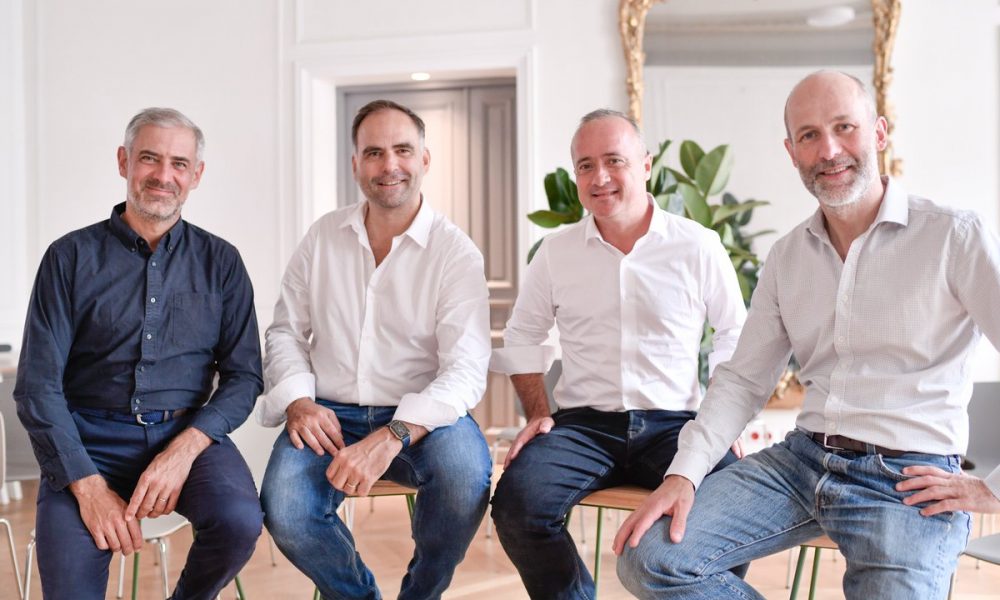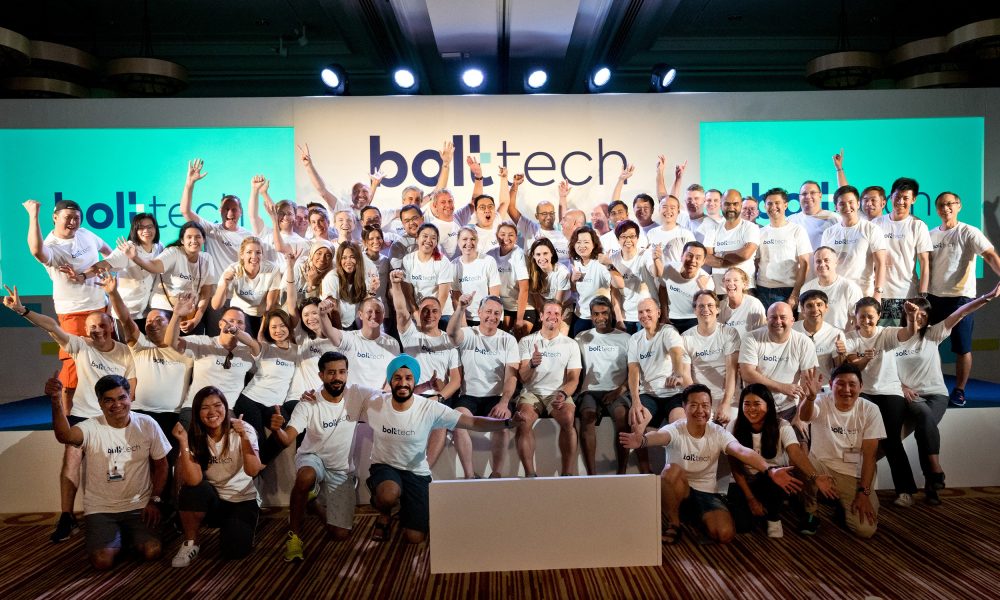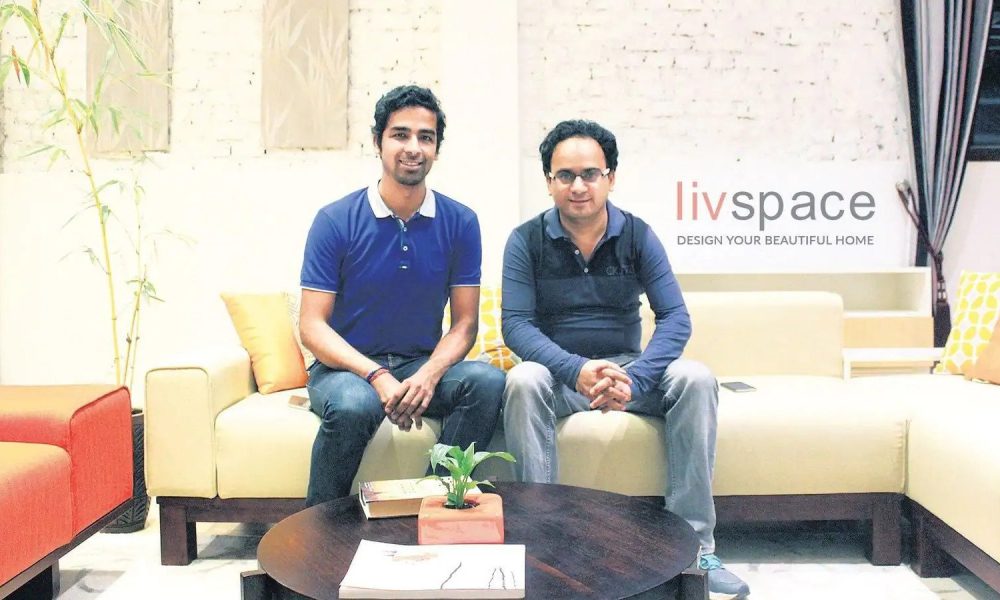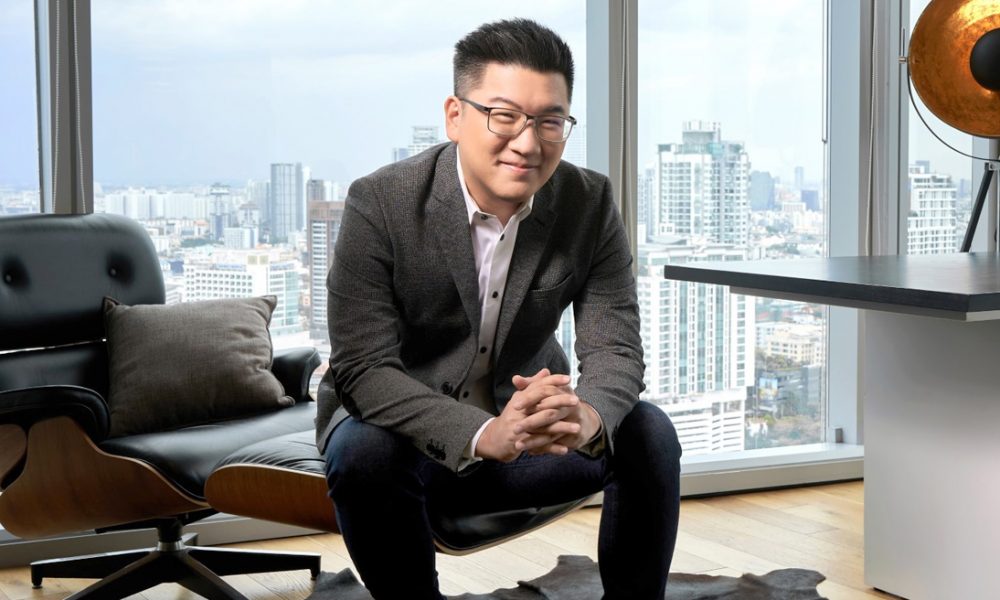Author: Sheldon
Verified Accounts On Twitter Sees Major Change, Among Others, Following Elon Musk’s Takeover
After more than half a year of twists and turns, Elon Musk’s $44 billion high-profile buyout of the social media platform Twitter takeover has finally taken place, with many of the company’s previous top executives being axed by Elon which, includes former Twitter Chief Executive Parag Agrawal, Chief Financial Officer Ned Segal, and Legal Affairs and Policy Chief Vijaya Gadde.
Now, another major change is coming to the platform, this time around with regards to how Twitter will be implementing verified accounts.
Elon Musk said in a tweet that the “whole verification process is being revamped right now” without much explanation.
The social media platform is considering charging for the blue check coveted mark verifying the identity of its account holder. According to reports, Twitter users would have to subscribe to Twitter Blue at US$4.99 a month or lose their “verified” badges if the project moves forward.
Separately, information reported by The Verge has also indicated that Twitter will be looking to increase the subscription piece for Twitter, which also verifies users, from US$4.99 a month to US$19.99 a month, citing internal correspondence seen by them.
Additionally, The Verge also reported that Musk has requested that logged-out users visiting Twitter’s site be redirected to Explore page, which shows trending tweets.
In further changes that may be coming to the social media platform, Musk launched a Twitter pool in April, asking his millions of followers whether they wanted a feature to edit tweets. The pool received an overwhelming response, where over 70% said yes.
Elon Musk has said that he intends to make drastic changes to Twitter, from relaxing moderation rules to eliminating spam bots. But at the same time, Musk has also said some pretty contradicting things, saying things like the acquisition being “not a way to make money” while telling advertisers that he wants to make Twitter the “most respected advertising platform in the world.”
Twitter, in recent years, has lagged behind some of the other platforms, with 238 million daily active users on the platform. In comparison, platforms like Whatsapp, Facebook, and Messenger are bringing in numbers near three billion daily users. At the same time, platforms like Pinterest have 445 billion monthly users, and Snapchat, with 363 million daily users.
Financially, Twitter has not been in the same league as its big rivals either, with the social media platform bringing in revenues of US$1.2 billion from April to June, down one percent year-over-year and nearly 25 times lower than Meta.
While Musk’s actions may seem harsh to some, the question that we should be asking is whether the decisions taken by the now Twitter owner are a necessary step to prevent the company from continuing on this downward spiral.
Shift4Good Completes Its First Closing Of Over $98-Milllion In Its Latest Impact VC Fund
Impact investment fund Shift4Good is a Singapore and Paris-based sustainable mobility venture capital (VC) firm. The firm has attracted $98 million in the first close of its latest impact fund.
The VC firm confirmed the development in a LinkedIn post, which said that investors in the first close include European Investment Fund (EIF), Renault Group, French sovereign fund Bpifrance, MOTUL, some mobility players from MOBILIANS, family offices, and entrepreneur-investors.
The firm has a fundraising target of US$293 million, which it will invest in approximately thirty start-ups over the next five years in Series A and B, two-thirds in the European Union and one-third in the rest of the world, with a focus on Southeast Asia.
According to the company, these investments aim to accelerate their development, enable them to become international champions, and thus contribute, through their innovations, to reduce the carbon footprint of the mobility sector.
The firm said on its website that “we are sector-focused to be more impactful. We only invest in sustainable mobility opportunities or circular economy business when they intersect with mobility.”
Shift4Good‘s focus materialized given that the transport of people and goods has a carbon impact of eight billion tonnes each year.
The firm is co-founded by Matthieu de Chanville, Sébastien Guillaud, Yann Marteil, and Thierry de Panafieu, four French investors with a background in venture capital and mobility. The firm is an independent French management company with offices in Paris and Singapore and is certified by the AMF.
Shift4Good brings to entrepreneurs, with the most promising projects in the sustainable mobility sector, a bespoke and global solution to enable them to become world champions.
Their expertise covers in-depth sector knowledge and financing coupled with tailor-made support and a collaborative ecosystem fully mobilized to respond to the climate emergency.
According to Yann Marteil, Co-Founder and Managing Partner of Shift4Good, “This closing allows us to launch our support programs for entrepreneurs committed to developing sustainable mobility solutions, making it possible to contribute to reversing the climate trend.”
He also said that “the abundance and quality of the deal flow illustrate that there are bold and profitable solutions to offer sustainable mobility.”
Global impact investing is on an upward trend in more and more regions, and this is no different in Southeast Asia. For instance, ADB Ventures, the impact investment manager of the Asian Development Bank, is planning the first close of its $100 million second fund this year.
Singapore-Based Bolttech Concludes Series B Funding Rounds
Bolttech, which is one of the world’s fastest-growing international insurtech companies, announced that their Series B funding round will be led by Tokio Marine, alongside other shareholders.
Tokio Marine and other shareholders will lead bolttech’s Series B funding round in a move that values the Singapore-based insurtech unicorn at approximately US$1.5 billion, one year after it closed the largest-ever Series A funding round for an insurtech.
According to the company, the proceeds of the Series B funding round will be used primarily to fuel the business’ continued global expansion. The strategic partnership with Tokio Marine would also complement the capabilities and reach of the company, as well as enhances its distribution strength, product innovation, and balance-sheet capacity.
Bolttech’s Chief Executive Officer, Rob Schimek, said that “securing a lead investor of Tokio Marine’s high caliber and esteem is a strong validation of international investors’ belief in the resilience of bolttech’s business model, our long-term proposition, and our role in shaping the future of insurance distribution. Tokio Marine will be a pivotal strategic partner as we continue to accelerate our growth strategy and global expansion.”
Bolttech is one of the world’s leading embedded insurance providers. The company is a global B2B2C insurtech that leverages its pioneering insurance coverage to connect insurers with distributors and their customers. The company has licenses to operate in more than 30 markets throughout Asia and Europe and all 50 US states.
Bolttech’s platform provides businesses inside and outside the insurance industry with everything they need to offer insurance products to meet their customers’ evolving insurance and protection needs in this digital age. The company’s connectivity enables bolttech’s partners to reimagine their business models and find new revenue streams, accelerate digital transformation, and deepen customer relationships.
Masashi Namatame, the managing executive officer and group chief digital officer, said Tokio Marine is excited to have the opportunity to lead bolttech’s Series B round and to join the company on its incredible growth trajectory as their strategic partner.
He added that “the scale and breadth of bolttech’s platform, coupled with its industry-leading tech and digital capabilities, and extensive insurance experience, uniquely positions it as a clear leader in the insurtech space.”
He further said that “we look forward to working with bolttech to take advantage of the commercial opportunities our new strategic partnership will offer.”
Since its inception in 2020, the company has experienced rapid growth with approximately US$50 billion worth of annualized premiums, 800 distribution partners, 200 insurance providers, and offers in excess of 6,000 product variations.
Singapore-Based Interior Design Unicorn Livspace Sets Aside $100m For Strategic Acquisition
Interior design unicorn Livspace has announced that it will set aside $100m for its expansion plans in India, Singapore, Malaysia, and the Middle East.
According to the company’s announcement, the funds will go towards incubating and investing in brands and content destinations across markets in the home decor, interior, renovation, and ancillary segments.
Anuj Srivatsava, CEO of the company said that the company will be looking to invest in businesses working across home improvement segments, such as partial renovation and supply of business-to-business (B2B) modular materials, to boost the company’s topline. It will also be looking to invest in direct-to-consumer brands across furniture and other home improvement categories.
Anuj Srivatsava said that “this is our strategy to expand the market size and the profitability profile of the company.” He also added that “we are looking at ideas, technologies, and people that bring additional functional expertise to drive better outcomes for all our stakeholders. In line with this, we plan to invest across all stages in brands’ lifecycle to help them disrupt the industry further.”
Singapore-based Livspace is in active discussions with eight to nine companies as it hunts for assets that would help the company generate growth and accelerate its path to profitability.
The expansion will be headed by Livspace’s chief strategy officer, Ankit Shah. According to Ankit, “Today’s disruptive market combined with the macro-economic environment is driving innovation at every level. This has resulted in exploring new pathways by adding technology and capabilities that will drive profitability. This will help our business across all our markets scale faster, grow our margin stack further, and create strong defensible moats.”
Founded in 2014 by Ramakant Sharma and Srivatsava, Livspace is a home improvement platform that provides renovation solutions for homeowners right from designing to last-mile fulfillment. The platform brings together designers, brands, manufacturers, and contractors to enable an e-commerce-like experience for home renovations.
The latest announcement comes after the company’s Series F fundraising in March this year, which brought funding of $180m and propelled the company to its unicorn status. The round was led by KKR and saw the participation of existing investors such as Ingka Group Investments, Jungle Ventures, Venturi Partners, and Peugeot Investments.
The company acquired a majority stake in Qanvast, a Singapore-based home design platform, last December.
Line Man Wongnai Becomes Thailand’s Latest Unicorn After Securing $265 Million In Funding
In Line Man Wongnai’s latest funding round, Line Man Wongnai announced that they raised $265 million in a Series B funding round which values the company at over $1 billion, securing the company’s position as Thailand’s latest unicorn.
The latest funding round was anchored by Singapore’s sovereign wealth fund GIC and Japan-based Line Corporation. The funding round was also participated by the likes of PTT Oil and Retail Business Public Company Limited, BRV Capital Management, Bualuang Ventures, and Taiwan Mobile.
According to the company’s statement, the funding will strengthen Line Man Wongnai’s strong position in the food delivery market, expand new service categories, recruit tech talent and improve tech infrastructure.
“The announcement opens the next chapter for Line Man Wongnai to grow from a local Thai startup to a regional tech platform. We thank LINE for embracing us into its deep mobile ecosystem and providing ongoing support for our journey,” said the company’s Chief Financial Officer In Young Chung.
The valuation makes Line Man Wongnai the third unicorn in Thailand after logistics service operator Flash Express and fintech firm Ascend Money.
The food delivery startup was formed in July 2020 from the merger of Line Man, Thailand’s on-demand assistant app, and Wongnai, a Thai restaurant aggregator.
Yod Chinsupakul, CEO of Line Man Wongnai, said: “Food has been our passion since I co-founded Wongnai, and now, to collect millions of users with the biggest pool of restaurants we have is a dream come true. We are also proud to create over 100,000 rider jobs, most of whom earn more than twice the minimum wage.”
Line Man Wongnai reported revenue of 1.05 billion baht in 2020, behind key rivals Grab at 7.21 billion and Foodpanda at 4.37 billion.
The latest funding round is expected to fire up the competition while other players, which are weakening, are sharpening their focus on more specific areas.
Competition could escalate next year, particularly when other rivals also receive funding.





